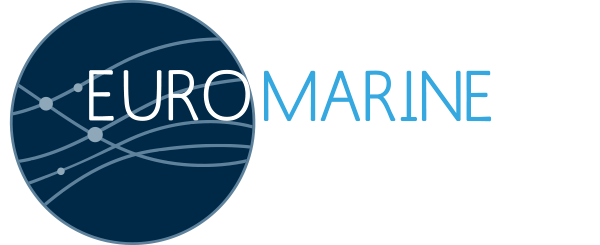This international course is open to up to 80 PhD, post-doc students, researchers in marine assessment, stakeholders, marine managers and NGO members. The event will be hosted by AZTI-Tecnalia in the Aquarium of San Sebastian in June 2015. The focus is on understanding marine ecosystems for healthy oceans and addressing technical developments or methodological issues of the ecosystem approach. The course will explore the potential and recent advances in the integrative assessment of marine systems including the various ecosystem components at different scales in management applications.
Besides the integrative learning of the junior scientists, participating professors will prepare a position paper to be submitted to a broad scope scientific journal. The presence of American and European professors will foster cooperation across the Atlantic and at the European level.


